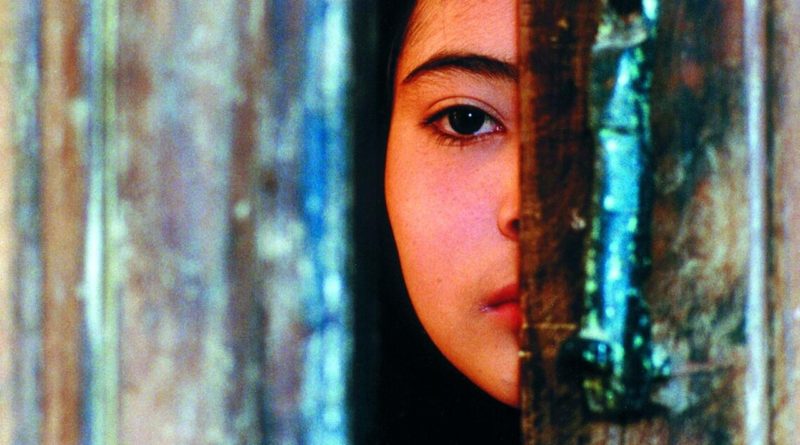‘Baran’ Review: Award Winning Drama Still Holds Up
Baran is truly a foreign film, not only in that it is Iranian and entirely in the Persian and Azeri languages, but also in that its style and sensibilities, while classical in nature, are fundamentally different from American filmmaking. Written and directed by Majid Majidi, Baran was released in 2001 to fanfare and awards at several festivals and remains something of a minor classic in the world of Iranian cinema. The story focuses on a young construction worker named Lateef, whose job is displaced by an Afghan girl, who poses as a boy to fill in for her father when he breaks his leg. They have various petty conflicts which eventually blossom into a sort of mutual crush on each other.
The movie is essentially a social drama that contains various layers of context that are briefly set out at the beginning of the movie, but otherwise would be alien to American audiences. For example, Iran is home to many Afghan refugees who have fled the brutality of the Taliban. These Afghans are generally viewed as second class citizens and live in segregated communities, but work various manual labor jobs often for lower pay than Iranians. A convenient shorthand for the relationship is that Iran and Afghanistan have a similar dynamic as America and much of Mexico and Central America, both in fact and in stereotype. Another layer of context is Islamic law and culture in both countries, which among other things prohibits women from working and regulates what can be shown on screen, forcing the filmmakers to be extra creative in the ways they must imply things without showing them. Most Iranian movies, in spite of their often dark tone and heavy subject matter, are rated PG or PG-13 by western rating boards due to their exclusion of lurid content.
The movie is very good looking, starting off as a single location drama, almost like a play, confined to the construction site before expanding out to the areas surrounding Tehran and the Afghan communities in those more rural areas, all captured with a kind of romantic, but muted cinematography. The characters are something of a mixed bag, well played by the actors but frequently having obtuse motivations, with some being inscrutable. The movie also defies conventional plot structure, instead consisting of two separate phases, the first being confined to a single location and the second being taking place in a set of repeating locations, which come to have a character of their own as scene by scene goes by. The film is almost entirely driven by character dynamics and not by plot, without the sort of plot through line that typically drives most western narratives. The story instead unfolds through interactions between all the various characters, and the evolution of those interactions and the many twists of fate that throw a wrench in their lives and force them to make sudden decisions. The romance between the two leads is done in a way that is very subtle and very gentle, lending a sort of wholesome innocence absent in a lot of western romances and ultimately makes it all the more endearing and bittersweet.
Baran will likely find a narrow audience since it is a) not in English, b) not new, and c) not especially attention grabbing, but it is a very good movie and definitely worth seeking out. It’s touching and sweet in a way movies rarely are these days, and it’s a breath of fresh air from much of the fare currently available.




